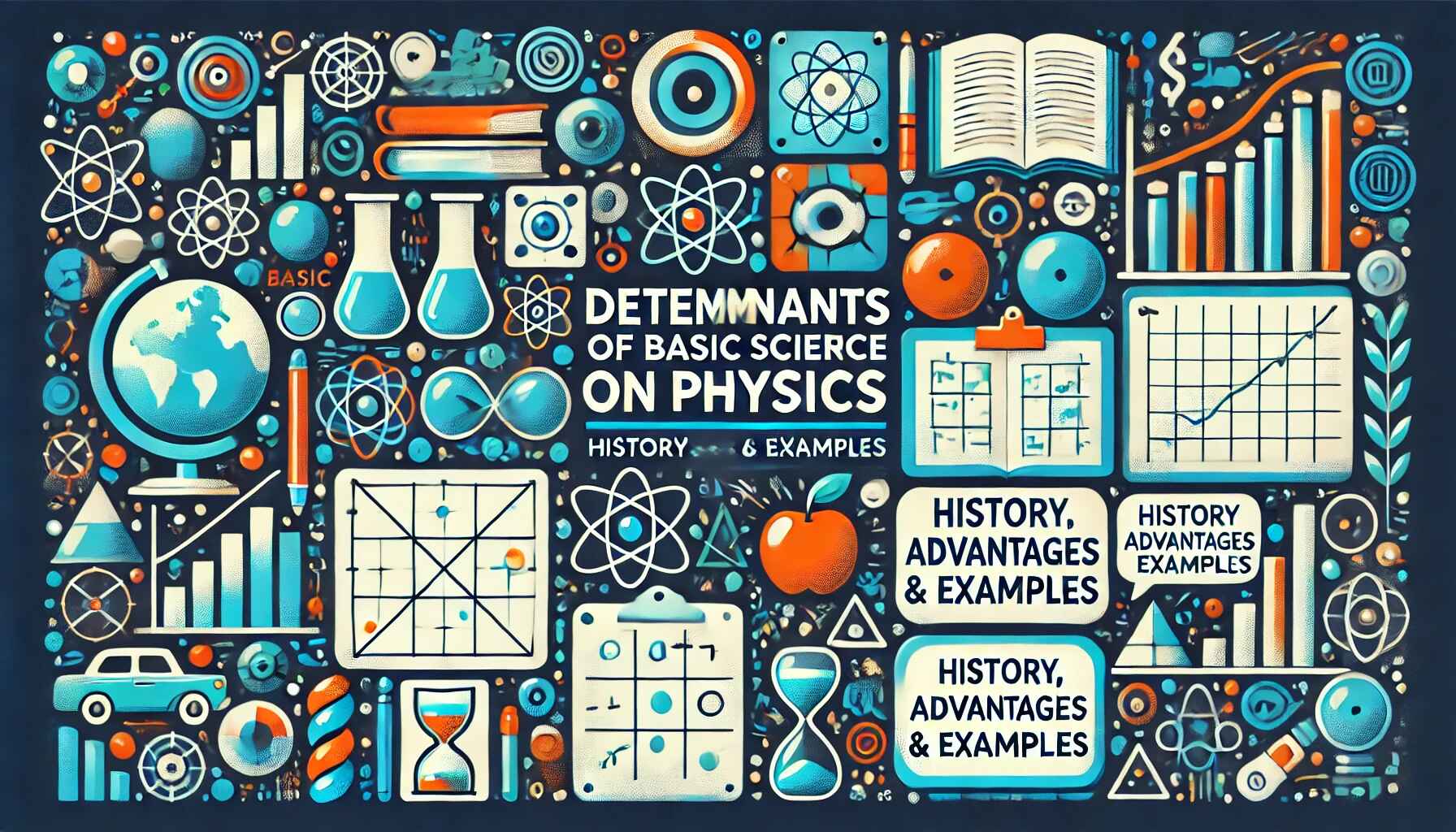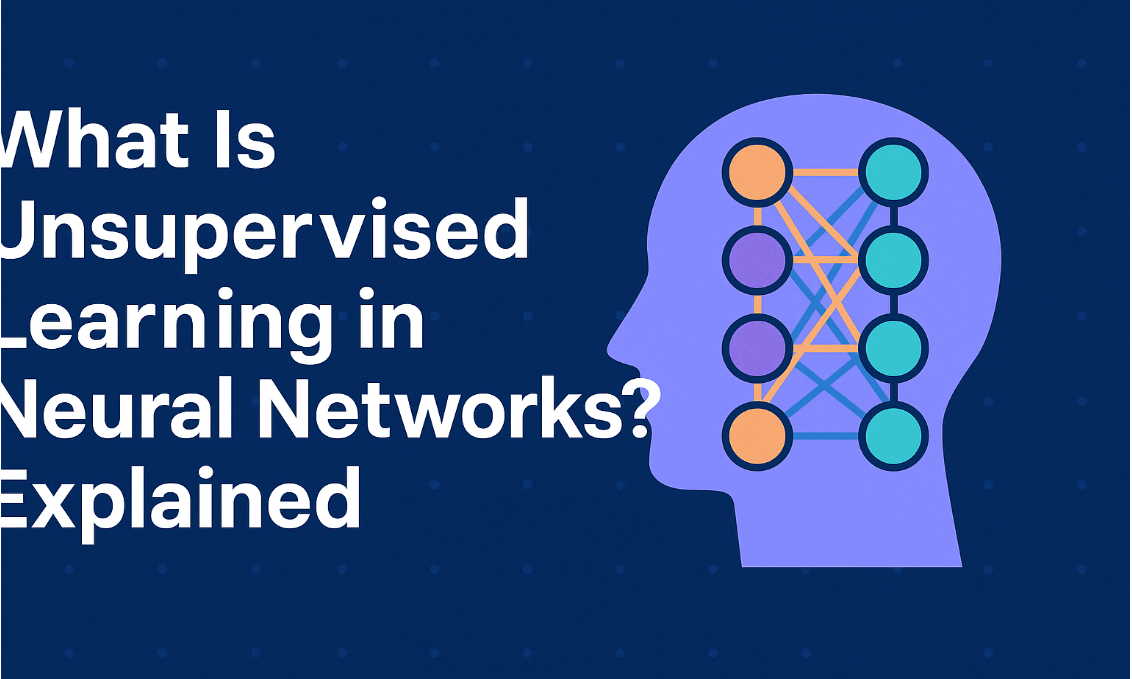
Determinants of Basic Science Course on Physics: A Comprehensive Guide
Introduction
Physics is one of the core subjects of basic science education, serving as the foundation for numerous scientific advancements and technological innovations. A solid understanding of physics is essential for students who wish to pursue careers in fields such as engineering, medicine, environmental science, and more. But what are the determinants of a basic science course on physics? This blog will delve deep into the factors that shape physics education, the history of physics as a subject, its advantages and disadvantages, and how to approach problem-solving in physics. Whether you're a student considering taking a physics course or an educator planning a curriculum, this article will provide valuable insights to enhance your understanding of the subject.
Table of Contents
- History of Physics Education
- Key Determinants of Physics Courses
- Examples of Physics Course Topics
- Advantages of Studying Physics
- Disadvantages of Studying Physics
- Difference Between Basic and Advanced Physics Courses
- Physics Problem-Solving: Step-by-Step Example
- Conclusion
History of Physics Education
The history of physics can be traced back to the early days of human civilization, when natural philosophers and mathematicians first sought to explain the physical world. From Aristotle's theories on motion to Isaac Newton's laws of motion and gravitation, the study of physics has evolved through centuries of discovery and innovation.
Physics education began formalizing in the 19th century with the development of universities and dedicated scientific institutions. The establishment of specialized departments in universities for subjects like classical mechanics, electromagnetism, and thermodynamics created a structured way to study and teach physics. Over time, these courses expanded to include quantum mechanics, relativity, and modern physics theories, laying the foundation for advanced degrees and research in the field.
Key Determinants of Physics Courses
Curriculum Design
The curriculum for a basic science course in physics is one of the most critical determinants in shaping the educational experience. A well-structured curriculum provides a logical progression of topics, ensuring students build on foundational knowledge.
A typical basic physics curriculum may cover areas such as:
Mechanics: Newton's Laws, motion, energy, and force.
Thermodynamics: Heat, temperature, entropy, and energy transfer.
Electromagnetism: Electric fields, circuits, magnetism, and Maxwell’s equations.
Optics and Waves: Reflection, refraction, interference, and wave properties.
Effective curriculum design also ensures that students are introduced to hands-on experiments, simulations, and problem-solving methods to reinforce theoretical concepts.
Instructor Expertise
An essential determinant of a successful physics course is the expertise of the instructor. A well-trained teacher who is both knowledgeable in the subject and able to explain complex topics in a simple and engaging manner can significantly enhance the learning experience. Physics instructors are expected to have advanced degrees in physics and an understanding of the latest advancements in the field to deliver up-to-date content.
Student Engagement
Physics can be a challenging subject, and student engagement is a key factor in achieving success. Instructors must develop methods to keep students motivated, including interactive lectures, real-world applications, group projects, and digital tools. Effective engagement fosters curiosity, helping students develop a deeper understanding of the subject matter and its relevance to the world around them.
Examples of Physics Course Topics
In a basic physics course, students typically cover the following topics:
Kinematics: The study of motion in one, two, and three dimensions.
Dynamics: The forces and principles that cause motion.
Energy and Work: Work-energy theorem and the conservation of energy.
Circular Motion: Centripetal force and acceleration.
Simple Harmonic Motion: Oscillations, springs, and pendulums.
Electricity and Magnetism: Electric circuits, magnetic fields, and electromagnetic waves.
These topics form the foundation of more advanced physics studies and prepare students for specialized courses in fields such as quantum physics, astrophysics, and nuclear physics.
Advantages of Studying Physics
Studying physics offers several benefits, both academically and in terms of future career prospects:
Critical Thinking and Problem Solving: Physics requires students to analyze complex problems, develop logical solutions, and apply mathematical methods. These skills are transferable to various industries.
Career Opportunities: A solid grounding in physics opens doors to careers in engineering, research, data science, aerospace, and more. Many high-demand professions require a strong understanding of physical principles.
Technological Innovation: Physics has been a key driver of technological advancements. Understanding physics allows students to contribute to innovations in fields like medicine, energy, and space exploration.
Global Impact: Physics has applications in addressing global challenges such as climate change, energy sustainability, and public health.
Disadvantages of Studying Physics
While physics has many advantages, it also comes with its challenges:
Complexity: Physics concepts can be difficult to grasp, requiring significant time and effort to understand. Some students may struggle with the abstract nature of topics like quantum mechanics.
Mathematical Demands: Physics relies heavily on mathematics, and students may find the complex calculations and equations daunting.
Limited Practical Application in Daily Life: For students not pursuing advanced studies or careers in physics, it may seem difficult to relate the subject to everyday life.
Difference Between Basic and Advanced Physics Courses
Basic Physics Courses:
Focus on foundational principles and concepts.
Designed for beginners or those seeking a general understanding of physics.
Covers topics such as mechanics, thermodynamics, and electromagnetism.
Advanced Physics Courses:
Dive deeper into specialized topics, such as quantum mechanics, relativity, or particle physics.
Require a solid understanding of basic physics concepts and advanced mathematics.
Typically pursued by students seeking careers or further studies in physics-related fields.
Physics Problem-Solving: Step-by-Step Example
Let’s look at a simple physics problem and break down how to solve it.
Problem: A car accelerates from rest to 30 m/s in 10 seconds. What is the acceleration?
Solution:
Identify the known values:
- Initial velocity (u) = 0 m/s (since the car starts from rest)
- Final velocity (v) = 30 m/s
- Time (t) = 10 seconds
Use the equation of motion:
Where is the acceleration.Rearrange the formula to solve for :
Substitute the values into the equation:
So, the acceleration of the car is 3 m/s².
This problem demonstrates the importance of understanding basic principles like the equations of motion to solve real-world physics problems.
Conclusion
The study of physics plays a vital role in our understanding of the universe and drives technological progress. By focusing on the key determinants of physics courses — including curriculum design, instructor expertise, and student engagement — educational institutions can help students gain a solid understanding of the subject. Although physics can be challenging, it offers immense benefits, including the development of critical thinking skills and opportunities for a wide range of career paths.
Are you ready to explore the fascinating world of physics? Share your thoughts in the comments below!
FAQ: Determinants of Basic Science Course on Physics
1. What are the main determinants of a basic physics course?
The primary determinants of a basic physics course include curriculum design, instructor expertise, and student engagement. A well-structured curriculum ensures logical progression through topics, while an experienced instructor can simplify complex concepts. Engaging students through interactive methods and real-world applications enhances learning and retention.
2. What topics are typically covered in a basic physics course?
A basic physics course typically includes topics such as:
Mechanics: Motion, forces, energy, and work.
Thermodynamics: Heat, energy transfer, and the laws of thermodynamics.
Electromagnetism: Electric circuits, magnetic fields, and electromagnetic waves.
Waves and Optics: Properties of waves, light, and reflection/refraction.
These topics lay the foundation for more advanced studies in physics.
3. How does physics education benefit students?
Physics education fosters critical thinking, problem-solving, and analytical skills. It also opens up career opportunities in fields like engineering, medicine, data science, and aerospace. Additionally, it enables students to contribute to technological innovations and solutions to global challenges like climate change and energy sustainability.
4. What are the disadvantages of studying physics?
While physics offers numerous benefits, it can be challenging due to its abstract concepts and reliance on complex mathematics. Some students may struggle with the theoretical nature of the subject, and its limited practical application in daily life can make it difficult to relate to for some learners.
5. What is the difference between basic and advanced physics courses?
Basic physics courses focus on foundational concepts such as mechanics, thermodynamics, and electromagnetism. These courses are designed for beginners or those seeking a general understanding of physics.
Advanced physics courses delve deeper into specialized topics like quantum mechanics, relativity, and particle physics, requiring a solid understanding of basic physics and advanced mathematics.
6. Can I pursue a career in physics after completing a basic physics course?
A basic physics course provides the essential foundation for pursuing a career in physics or related fields. For more specialized roles, such as research or academia, advanced degrees like a Master's or PhD in physics are typically required. However, many industries, including engineering, technology, and environmental science, value the skills developed through basic physics education.
7. What is the role of problem-solving in physics courses?
Problem-solving is a core aspect of physics education. It involves applying theoretical concepts to practical situations, requiring critical thinking and logical reasoning. Students practice solving problems through various methods, such as mathematical equations, experiments, and simulations. Mastery of problem-solving is essential for understanding physics and is highly valued in many professional fields.
8. How can I improve my understanding of physics?
To improve your understanding of physics, consider the following:
Practice regularly: Solve as many problems as possible to strengthen your problem-solving skills.
Ask questions: Don’t hesitate to seek clarification from instructors or peers.
Use additional resources: Online tutorials, videos, and textbooks can offer different perspectives on complex topics.
Engage in hands-on experiments: Whenever possible, perform experiments or use simulations to visualize theoretical concepts.
9. Are there online courses available for learning physics?
Yes, there are many reputable online platforms offering physics courses, such as Coursera, Khan Academy, edX, and MIT OpenCourseWare. These courses range from beginner to advanced levels and can provide valuable learning experiences for students at all stages.
10. What skills will I gain from studying physics?
Studying physics equips you with valuable skills such as:
Analytical thinking
Problem-solving and mathematical modeling
Logical reasoning
Research and experimental skills
Attention to detail
These skills are highly transferable and can be applied in a variety of industries, including technology, engineering, and research.
Author Bio
Aman Shah is a passionate physics educator and science writer with over 5 years of experience in teaching and research. They aim to make complex scientific concepts accessible to everyone.








